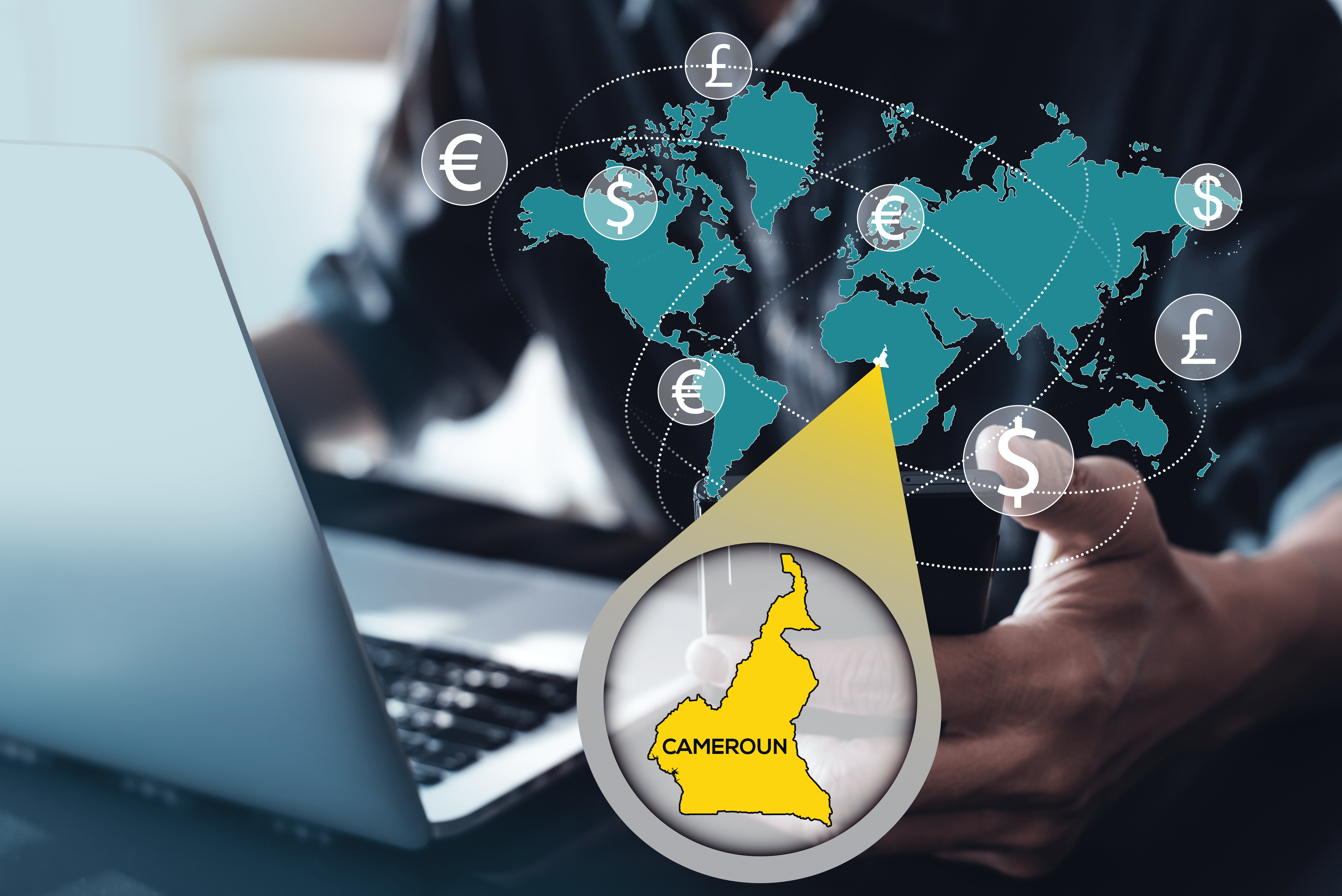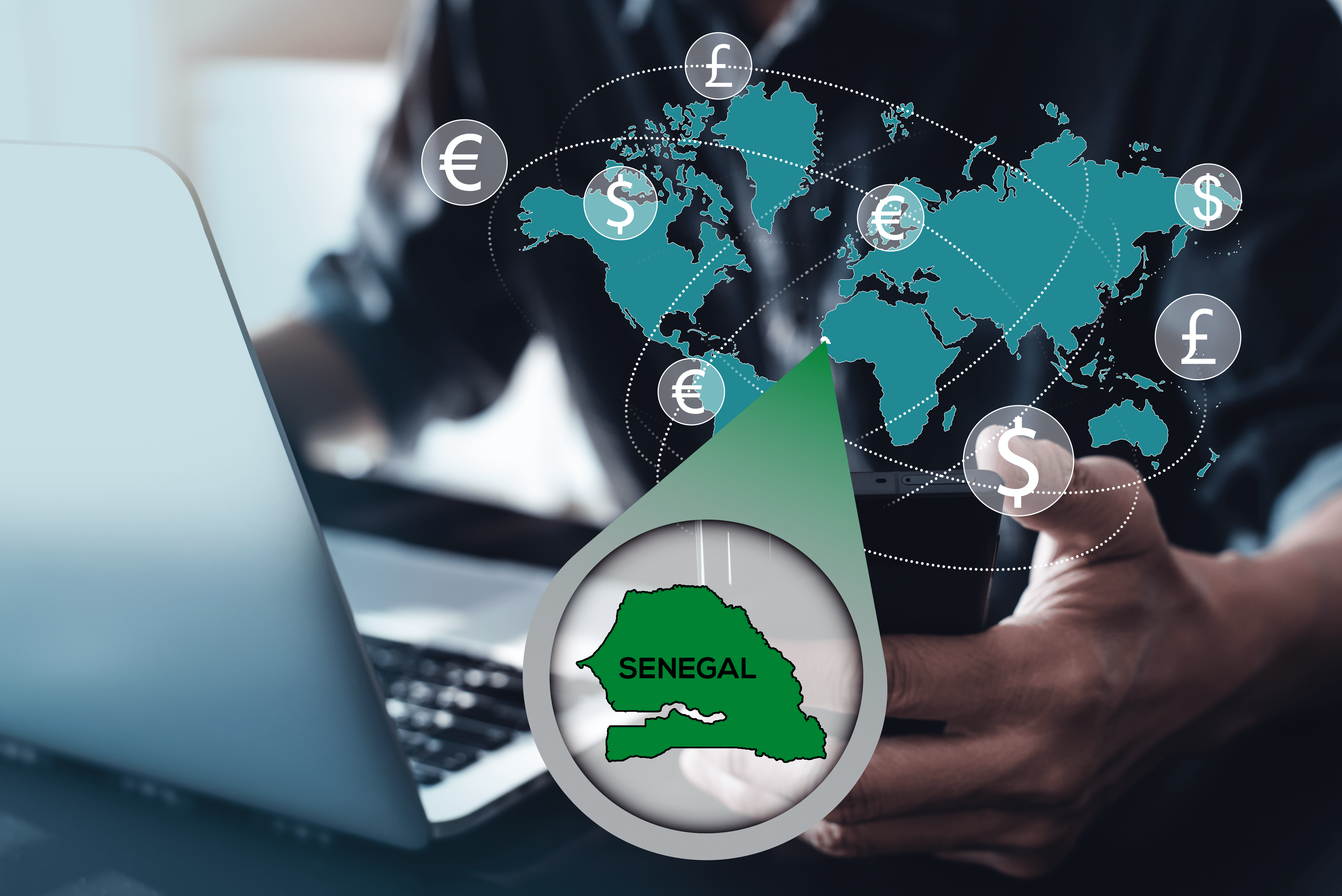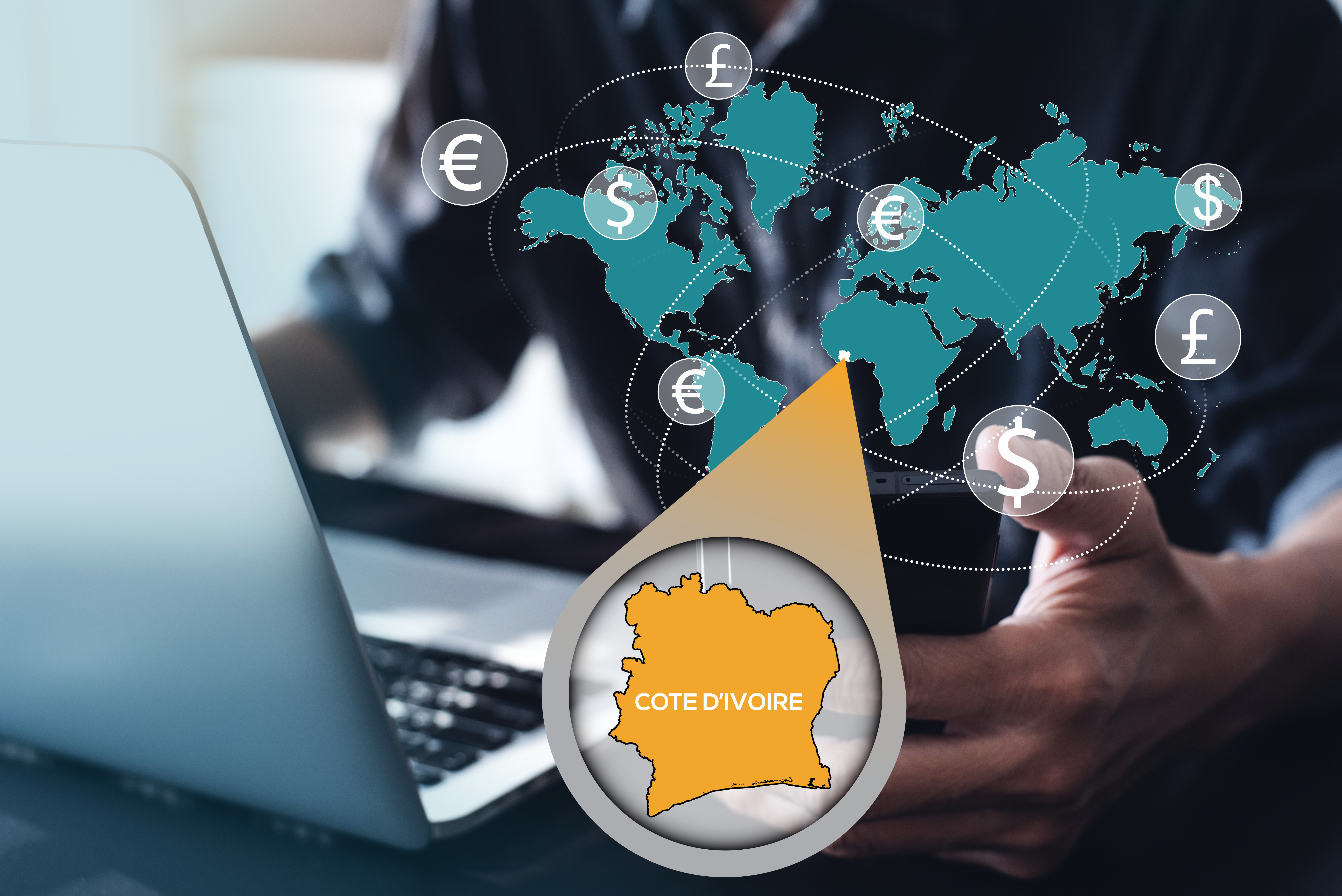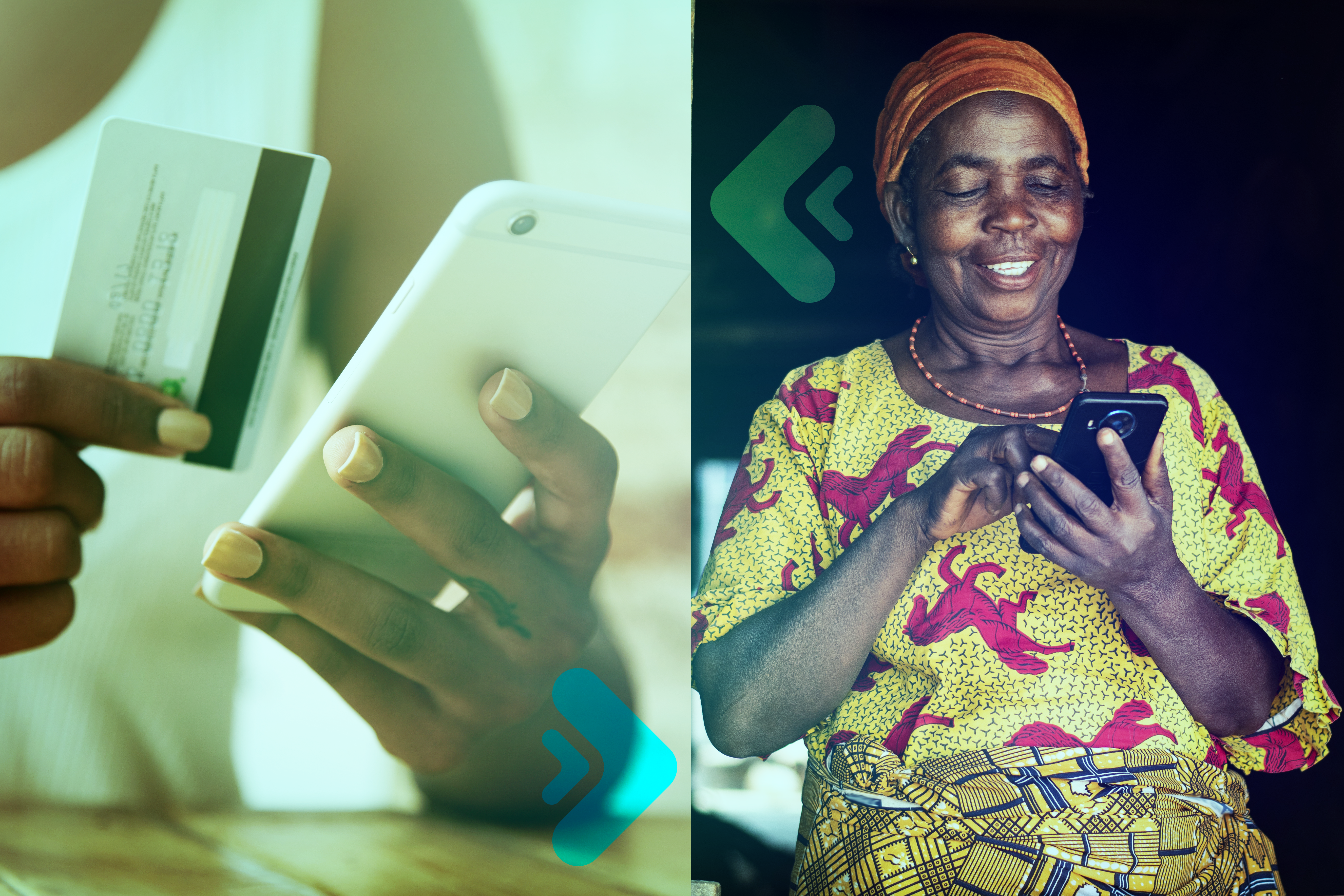The easiest ways to send money to family and friends in Kenya
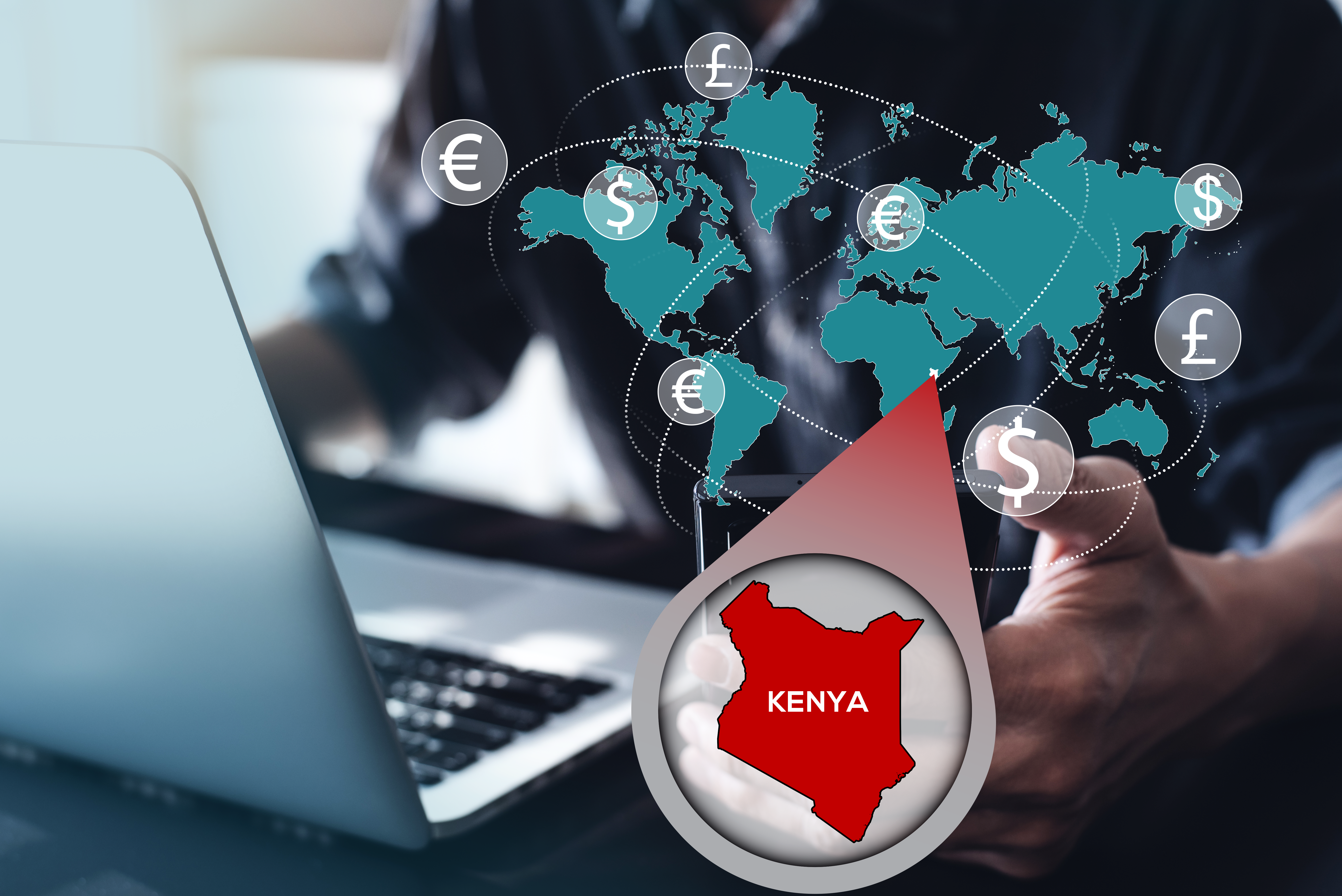 Send healthcare to relatives in Kenya, not money
Send healthcare to relatives in Kenya, not moneyThere are several reasons why people send money to Kenya, although one of the main reasons is Kenyans sending money home to support family and friends.
The World Bank reports that in the last two decades, these remittances to Kenya have boomed from some USD 1 to 3 billion per year. This represents around 3% of the country’s total GDP.
This has influenced financial services to become one of the country’s most prominent industries. This means there are plenty of options to send money to Kenya that are fast and cost-effective.
However, there are still some challenges to consider when sending money to Kenya:
- Your money transfer can be affected by the exchange rate. Over the last two decades, the Kenyan shilling (KES) has experienced considerable fluctuations, slumping from around 83 shillings per USD in mid-2011 up to some 115 shillings in May 2022.
- Despite the growth in online financial services, transfer fees are not always transparent. For example, what might be offered as a ‘free’ transfer can end up more expensive because of a lower exchange rate or a high withdrawal fee. This makes it hard to get a true figure of how much money your family in Kenya will receive.
- While sending money online can be easy and simple on your end, it may not always be the case when withdrawing money in Kenya. Sometimes, you will be limited to the banks or services that your family or friend can access.
This means that the best way to send money depends on several factors related to each individual situation.
One of the biggest challenges is the unbanked population in Kenya. While Kenya’s population is significantly more banked than in neighboring countries, only around 80% have access to a financial account, including mobile services.
This means many people are not near banking locations to withdraw money. However, Kenya has been proactive in adopting mobile banking services to overcome these issues.
Additionally, advanced technology has turned these challenges into opportunities for alternative options. For example, KimboCare uses blockchain technology to allow people to pay instantly and directly for their family’s healthcare bills in Kenya. This can reduce issues typically associated with poor access to banking services, plus reduce money lost in exchange rates.
Below we compare the different ways you can send money to Kenya and how to choose the best method depending on your type of transfer.
We also have detailed articles on how to send money to Africa, Cameroon and the Republic of Côte d’Ivoire.
The best ways to send money to Kenya
When you send money to Kenya, it will likely be converted to Kenyan Shillings (KES); although some services allow you to keep foreign currencies such as USD or EUR.
There are numerous companies offering money transfer services to Kenya. Some companies offer access to money in just a few minutes. However, there are pros and cons to every type of service; for example, getting your money faster can cost more. Below we summarize the options.
- The easiest way to send money to Kenya: Mobile banking is one of the most accessible services in Kenya. One of the biggest payment systems is M-Pesa but it is limited. MPesa has a maximum of KES 150,000 (around USD 1,250) per transaction and KES 300,000 (USD 2,500) per day; you can also only hold KES 300,000 at any time.
- The fastest way to send money to Kenya: Mobile banking allows for instant transfers. Online money operators are also fast and can typically arrange cash pick-ups in as little as a few minutes.
- The cheapest way to send money to Kenya: Online foreign exchange and money transfer operators typically have the best exchange rates and lowest transfer fees. Although these can be offset depending on how your family can withdraw the money (e.g. if a bank has a high ATM fee).
- The most secure way to send money to Kenya: Banks are subject to more restrictions than other services, which means they also offer more protection. They are one of the best options if you plan to send large amounts of money for your loved ones to withdraw over time.
- The alternative options to send money home: You can opt to pay for a service instead of sending money. For example, with KimboCare you can buy ‘health credits,’ which can be used to directly pay for healthcare bills and medical services in Kenya. You can avoid exchange rates and high transfer fees. Read more about it here.
Choosing the best way to send money to Kenya
The first step is finding a provider that operates in both your country and Kenya. This is less of a problem if you are sending money to Kenya from the US or the UK but it can be more difficult when sending money from certain countries.
The second step depends on what access your friends and family have in Kenya. If banking access is an issue, you can choose to pay for healthcare services or some other requirement, such as education. This can cut out the middle process of sending money.
For example, KimboCare allows family or friends to pre-purchase medical services and stock them up as 'health credits' in their online account. Your loved ones in Kenya can use these credits to access quality healthcare services at any time. In this way, you can still pay for your family’s needs without worrying about losing money to a poor exchange rate or high withdrawal fee. You can read how it works here.
Below we discuss in more detail the various ways you can send money to Kenya.
The Cheapest way to send money to Kenya
Today, foreign exchange and money transfer services usually offer the cheapest and fastest ways to send money to Kenya. But what ends up being the cheapest option for you will depend on various factors.
It helps if the money operator has a calculator so you can see the exact amount your loved one will receive in Kenya. This helps you see “hidden” costs; for example, a “free transfer” might not end up saving you money if the exchange rate is very poor (i.e.usually the transfer cost is paid for by a lower exchange rate).
Thankfully, as competition increases, money operators have increased their transparency and provide a range of tools and fact sheets to compare exactly how much your loved ones will receive.
The fastest way to send money to Kenya
If your family member or friend has a mobile wallet, a money transfer is instant. Online money transfer services can also get cash into your relative’s hands in as little as a few minutes.
The processing time typically depends on your payment method – whether you pay in cash, debit card, or a bank transfer. For example, if you pay with a bank transfer, it is likely to delay your transfer by an extra day or more, whereas cash or debit payments are quicker.
The easiest way to send money to Kenya
Due to the extensive mobile payment network in Kenya, it is one of the easiest ways to send money and pay for services inside the country. But it depends on what costs your recipient needs to pay.
In some cases, it may be easier to directly cover costs for your loved ones instead of sending money. For example, with KimboCare, your relative can visit any medical provider in the network and have their healthcare bills covered with your payment.
Comparing the different ways to send money to Kenya
In many cases, an online money transfer service or mobile wallet payment ends up being the best choice. But there are several factors to consider.
Below we go into detail on the specific services you can use to transfer money to Kenya, and what might influence your decision. We also explain the situations when you might choose an alternative payment option, like KimboCare’shealth credits.
Mobile Banking and Wallets
Kenya has been a pioneer in the mobile banking sector since the early-2000s. Today it has developed extensive mobile payment systems. Some 72% of the population in Kenya has a mobile money account.
This is typically an instant and direct way to send money to Kenya. The money is available as soon as the transaction to complete and there are many options to pay for services directly using these mobile wallets.
However, mobile wallets usually charge fees to withdraw money off their platforms. In some cases, the fees can add up if you have large amounts to withdraw (ie. PayPal charges around 5% + USD 2).
One of the first mobile wallet services was M-PESA, a text-based payment option launched by Vodafone and Safaricom. If you are sending money from abroad, several money transfer services have partnered with M-PESA so you can send money directly to someone’s mobile wallet:
- Azimo
- Dahabshiil
- mHits
- MoneyGram
- Post Finance
- Skrill
- SkyForex
- Transfer Galaxy
- Western Union
- WorldRemit
- XendPay
- Xpress Money
In addition, several international companies offer mobile payments in conjunction with local finance and mobile providers. Other operators include:
- Tangaza Pesa
- Mobile Money Transfer
- Equitel
- Airtel Money
- T-kash
In the near future, KimboCare may also become one of these international partners to provide Kenyan users with more payment options.
You can also send money to other African countries through local services, for example:
- In Tanzania through Vodacom, you can dial 150*00# and then “send money to MPESA Kenya”
- MTN offers the same service from Rwanda (dial *830#) and Uganda (dial *165#).
Online money transfers to Kenya
There are numerous companies that offer international money transfers to Kenya with extensive global networks.
The main advantage of online money transfers is that they are fast and usually have lower fees. They also offer a range of payment and withdrawal services through many banks and other agents.
However, choosing the best service takes a bit of research of the various fee models and features. For example, while one service may offer free transfers, a poor exchange rate can eliminate any savings (often, the transfer fee is ‘hidden’ in a lower exchange rate).
There are more than 20 money transfer companies that offer services to Kenya, including:
- Azimo
- Remitly
- MoneyGram
- Paysend
- Revolut
- Ria Money Transfer
- TorFX
- TransferGo
- Western Union
- Wise
- World Remit
- XE
- Xoom
There are some online websites that allow you to compare prices and conditions for different money transfer services. They can also give you an indication of which companies operate in both your country and Kenya.
Some examples include exiap, FromTo.money and moneytransfers.com.
Sending health credits
An alternative option is to pay for services directly for your friends or family. Education and healthcare are among the top costs that remittance payments cover. This can save you money on exchange rates and other fees.
With KimboCare, for example, your money is converted into ‘health credits.’ Your recipient in Kenya can then visit any associated medical provider and get their healthcare costs covered. It’s an instant and direct way to care for loved ones in Kenya, with fewer hassles than sending money. You also can track exactly how your money is spent, while monitoring the health of your loved ones online. Read more about this revolutionary idea here.
Bank wire transfers to Kenya
Banks in Kenya are monitored by the Central Bank of Kenya (Banki Kuu ya Kenya). There are almost 50 banks operating in Kenya but only a handful of them are large.
While mobile payments have a high penetration in Kenya, the traditional banking sector does not. Almost half of the population in Kenya does not have access to banking services, and it’s not surprising seeing there are only around 8 ATMs per 100,000 adults. This is low compared to other fast-growing economies in Africa; in South Africa, the number is 65 ATMs per 100,000 people.
Another issue is the withdrawal limits, usually around 40,000 Kenyan shillings (USD300–350). Banks also charge around 450 shilling (USD4–5) per ATM withdrawal.
Some of the largest banks in Kenya include:
- Equity Group Holdings (Equity Bank)
- Standard Chartered Bank Kenya
- Absa Bank Kenya (formally Barclays Bank of Kenya)
- Kenya Commercial Bank (KCB Bank)
- Co-operative Bank of Kenya Limited (Co-op Bank)
- Diamond Trust Bank of Kenya
- National Bank of Kenya
- Stanbic Bank
Some more international banks operating in Kenya include:
- Habib Bank AG Zurich
- United Bank for Africa Kenya (UBA)
- Eco Bank Kenya
- Citibank Kenya
- Bank of Baroda
- Bank of Indiauaranty Trust Bank
In any case, while bank wire transfers may be one of the most secure ways to send money to Kenya, especially for large amounts, it is limited. It is also not usually the cheapest nor fastest way to send money to Kenya.
Cash pickup
Today, many online transfer operators allow several withdrawal options, including cash pick-ups. In many cases, your family or friend can collect money with only an ID and the transfer reference number. The money can be available in a few minutes.
The main factor when choosing a provider will depend on which banks or financial providers the money operators work with, and which are the closest locations to your loved ones. For example, Xpress Money works with SBM bank as agent locations alongside their own offices.
This can be a good choice if your loved one doesn’t have a bank account or needs cash fast.
What more to know about sending money to Kenya?
Key requirements to send money to Kenya
Each service has its own requirements but generally you and your recipient will need to show:
- An official ID showing your name and date of birth
- Address for your residence
- Bank account details or details of where to send the money
In some cases, you may also be required to disclose the purpose of your transfer and the source of your funds.
Typically, if entering Kenya, you can bring in KES500,000 (USD4,500) without needing to declare it to customs. For foreign exchange transactions, there are no restrictions up to the amount of USD10,000. Amounts higher than this will require documentation for the purpose of the transfer.
What’s needed to send healthcare to family back home?
To send healthcare credits instead of money, KimboCare’s process is:
- Register an account
- Upload money to your online account, which is converted into ‘health credits.’
- Enter the name of your recipient as shown on their official ID.
- Your loved one can now get treatment at a nearby medical provider.
Conclusion
Kenya’s developed financial sector facilitates many affordable ways to send money to family and friends. Mobile banking in particular is an easy way to both receive money from abroad and make payments inside the country.
However, the issues of foreign exchange and transfer fees remain. In such cases, you may find directly paying for a service, like healthcare or education, is a more transparent and affordable way to cover costs for your family back home.
The benefit is that you remove an entire step of transferring money and dealing with exchange rates. This is not the case for mobile banking, which requires you to first send money to a mobile wallet, such as M-PESA, and then arrange another transfer to pay for healthcare.
M-Tiba is one option that eliminates this step by allowing direct payments, however, you are required to deposit a monthly amount that acts like insurance coverage. On the other hand, KimboCare lets you make payments whenever you want without any minimum or monthly commitment. These services can be your best option if healthcare is a cost your remittances typically cover.
